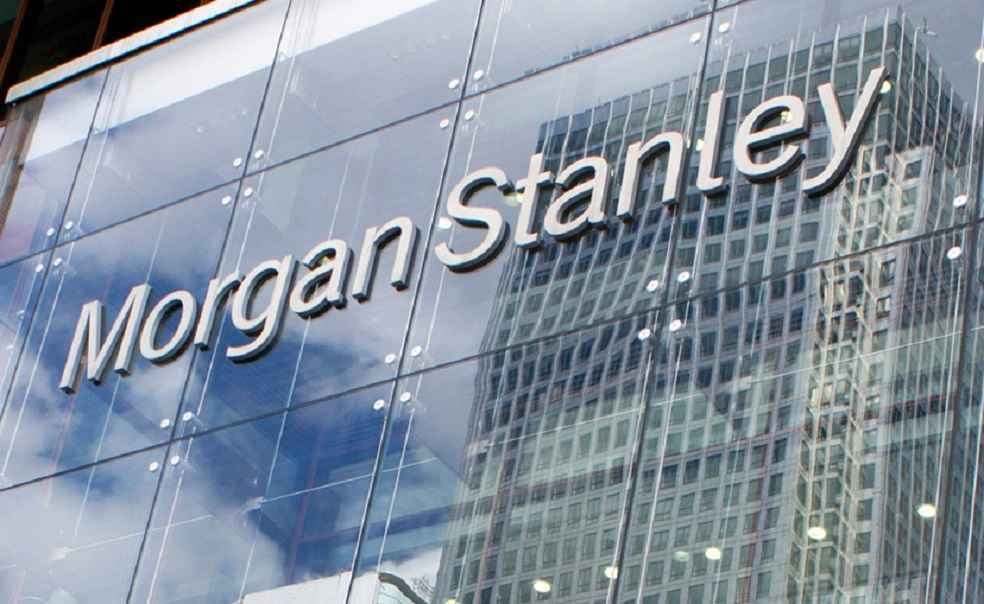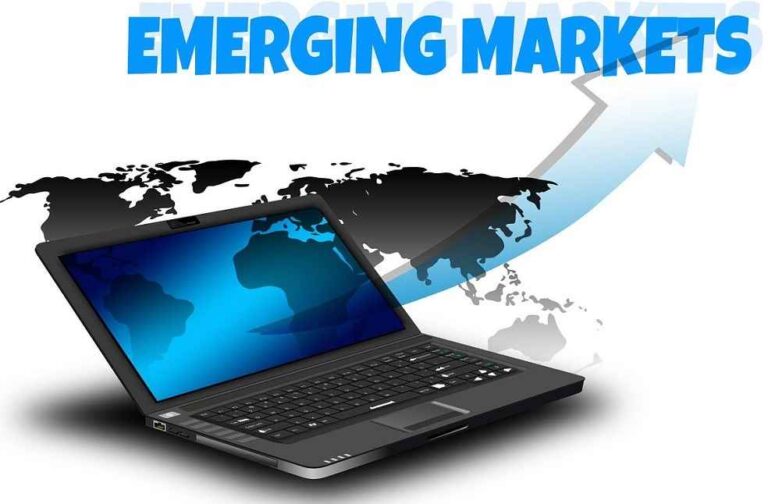A development that stands to influence the global investment landscape has recently occurred. Morgan Stanley Capital International (MSCI), a premier provider of research-based indexes and analytics, held back from elevating South Korea’s status from an “emerging” to a “developed” market. This transition could have spurred passive investment inflows into other emerging markets, such as India, China, and Taiwan.
Abhilash Pagaria from Nuvama Alternative & Quantitative Research remarked that the decision meant “passive flows towards India, China and Taiwan will have to wait.” Passive inflow, a significant contributor to the world economy, refers to the capital channeled into passive investment vehicles like index funds or exchange-traded funds (ETFs).

The global investment community had previously anticipated that MSCI would elevate South Korea from its emerging market (EM) bracket to the developed market (DM) list. This transition would have inevitably prompted a redistribution of passive funds, benefiting other EM countries, primarily India.
Expectations were high that South Korea would find itself on the DM watch list this year, eyeing a promotion to the developed market indices by June 2024. The full integration was slated for June 2025. Yet, the recent MSCI pronouncement suggests that South Korea must cover significant ground to earn the DM status.
MSCI’s announcement underscored Korea’s need to improve its capital market access and extend its currency trading hours. The provider’s market accessibility review cited obstacles such as the lack of offshore trading for the South Korean won and constraints on short-selling.

South Korea’s engagement with the MSCI Emerging Markets (EM) indices dates back to 1992. The country found itself on the watch list for potential elevation to the MSCI Developed Markets Indexes in 2009. Despite this, its status was revoked in 2014 due to non-compliance with the requirements. South Korea’s journey to achieve the “developed” status continues to be steep, underlining the rigorous standards that MSCI enforces. The outcome of this decision reverberates beyond South Korea, impacting the economic dynamics of emerging markets worldwide.
POLICY & LAW: The Future of the WTO in Global Trade Disputes



